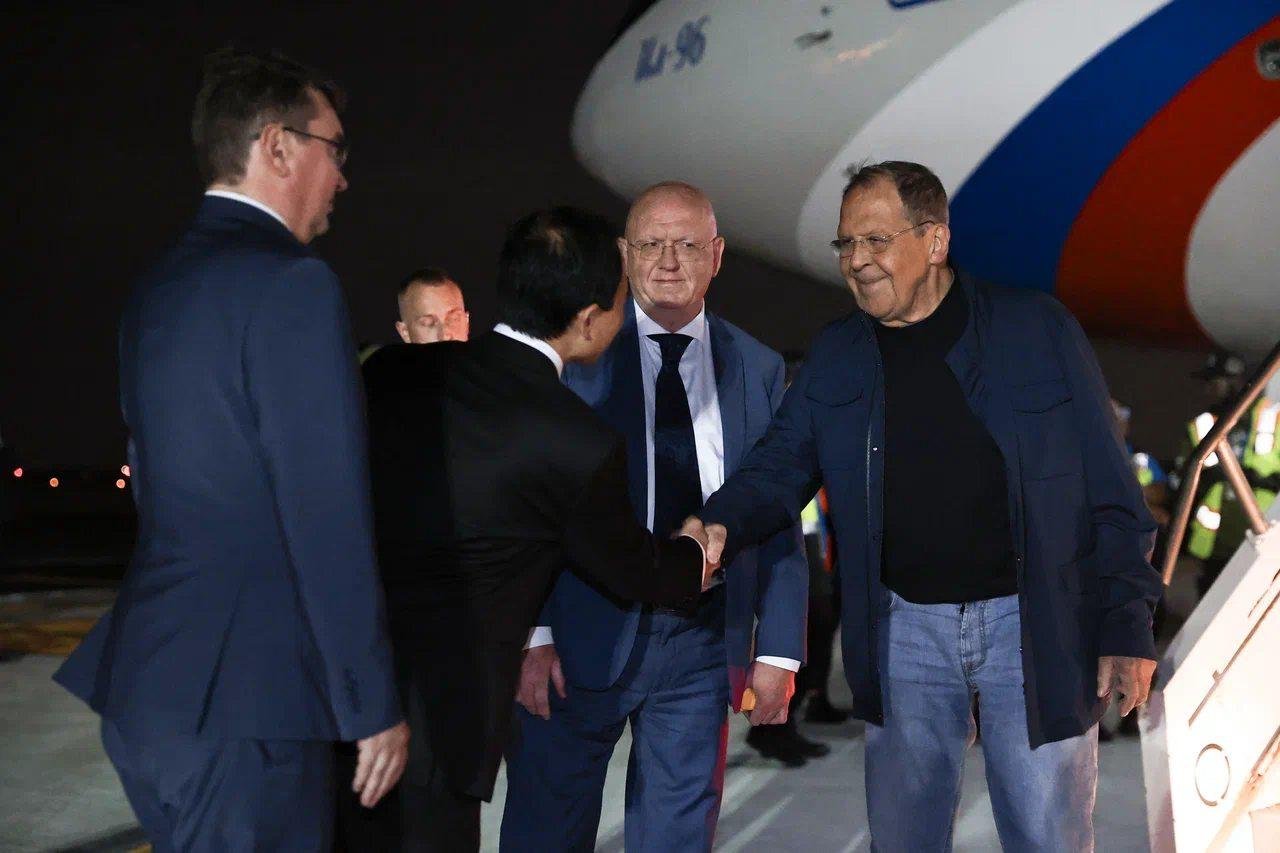Already a subscriber? Make sure to log into your account before viewing this content. You can access your account by hitting the “login” button on the top right corner. Still unable to see the content after signing in? Make sure your card on file is up-to-date.
A top Russian official has warned that any act of “aggression” against Russia by NATO or the EU will trigger a “decisive response.”
Some shit you should know before you dig in: If you’re unaware, tensions between Russia and NATO/EU nations have escalated in recent weeks following a series of drone and fighter jet incursions into the airspace of multiple European countries. Estonia reported that Russian military aircraft violated its airspace for over 12 minutes, while Poland, Denmark, Romania, and Latvia all cited unauthorized drone activity originating from or allegedly linked to Russia. These incidents have alarmed NATO’s eastern members, prompting heightened air defense readiness and concerns about broader Russian provocations. At the same time, President Donald Trump has toughened his stance on Russia, calling for increased sanctions and announcing this week that Ukraine can not only win the war but also reclaim all territories occupied by Russia since the 2014 invasion of Crimea.

What’s going on now: During an address at the United Nations, Russian Foreign Minister Sergey Lavrov warned, “anyaggression against my country will be met with a decisive response.” He dismissed Western claims that Russia is preparing to attack NATO or EU countries, insisting, “Russia has never had and does not have such intentions,” and calling such speculation “nonsense” and a deliberate attempt to stir panic. Lavrov also accused Western leaders of manufacturing threats and pushing a false narrative that war with Russia is inevitable, saying, “Threats of force against Russia, accused of practically planning an attack on the North Atlantic Alliance and the European Union, are becoming increasingly common.”
Lavrov argued that Russia had previously attempted to de-escalate tensions through diplomacy, noting that Russia had “repeatedly proposed to NATO countries to work out legally binding security guarantees in Europe,” but added these offers were ignored. He framed the West’s rejection of dialogue as part of a broader agenda to impose “unipolar approaches” on the rest of the world while disregarding Russia’s legitimate security concerns.
Lavrov also criticized what he described as growing acceptance of a global conflict, warning that certain Western officials are “beginning to seriously talk about a third world war as a potential scenario.” He portrayed this rhetoric as reckless and dangerous, claiming that Russia is being scapegoated for broader geopolitical tensions.
This all comes as some NATO and EU officials have suggested that Russia’s recent incursions are aimed at testing the alliance’s resolve and response times. Countries like Poland have warned that any further violations could provoke a direct confrontation, with some officials openly stating that their forces are prepared to use lethal force to bring down Russian aircraft if airspace violations continue.







